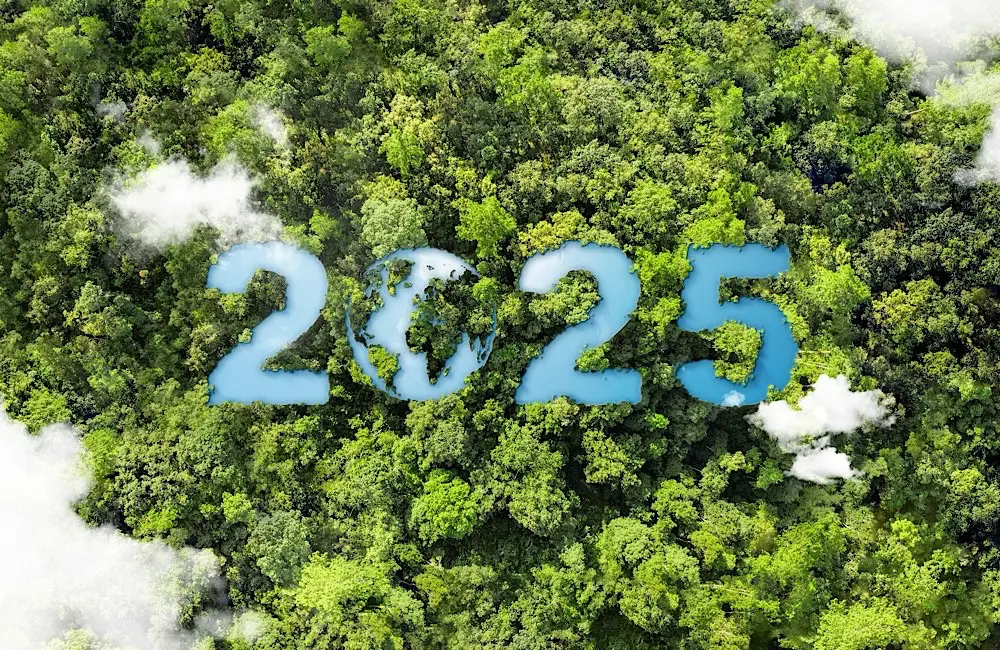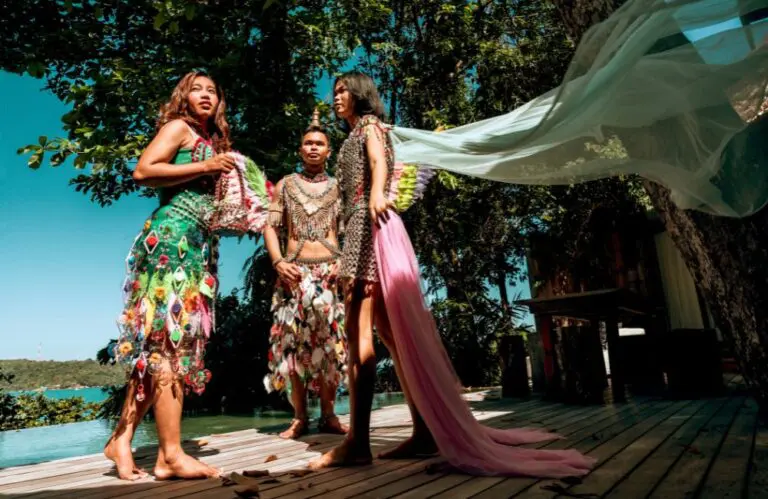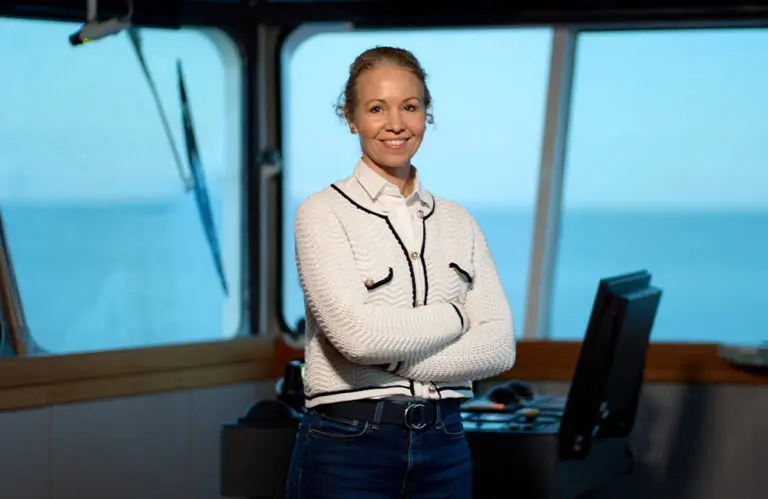Travellers may not be demanding green travel out loud—but data shows many are making quieter climate-conscious choices. With Earth Day shining a spotlight on sustainability, here’s what that means for Australian travel agents.
The quiet rise of green travel preferences
According to Booking.com’s 2023 Sustainable Travel Report, 76% of global travellers say they want to travel more sustainably over the coming year. Among Australian travellers, 71% said sustainable travel is important to them.
But that doesn’t always translate to direct questions at the booking stage. Most agents say they aren’t frequently asked about sustainability by clients.
So, is it something agents should raise?
Data from Expedia Group Media Solutions suggests yes. In its 2023 Path to Purchase study, 65% of travellers globally said they would be willing to pay more for sustainable options. That figure rises among younger and high-value travellers—the very markets many agents are focused on.
Why travellers aren’t asking—and why that shouldn’t matter
There are several reasons travellers may not ask about green credentials:
- Many don’t know what to ask for.
- They assume it’s more expensive.
- Sustainability is often a bonus, not a dealbreaker—unless agents spotlight it.
That’s where a proactive approach comes in. Agents don’t need to sell a trip because it’s sustainable—they can simply lead with sustainability as a value add.
Example: Instead of waiting for a client to request eco credentials, an agent might say:
“This tour stays in locally-owned hotels and uses hybrid vehicles. It’s a small touch, but many of our travellers appreciate that.”
This approach avoids sounding preachy or political. It highlights what’s already part of the product.

Which travellers care the most?
In a 2023 report by EY, 71% of Gen Z consumers globally said they actively seek out sustainable products and services. Gen Y (Millennials) followed closely at 66%.
While older travellers may be less vocal, many still respond well to meaningful travel experiences—a category that often overlaps with lower-impact or community-based travel.
Luxury and premium travellers also show high alignment. A Virtuoso survey found that 82% of its clientele said the pandemic made them want to travel more responsibly.
What this means for agents
Incorporating sustainability into your sales pitch doesn’t mean a complete overhaul. It can be as simple as highlighting:
- Operators with B Corp certification.
- Cruises with waste-reduction programs.
- Properties with third-party eco-ratings (e.g. EarthCheck, Green Key).
- Itineraries that include rail or lower-emissions transport.
- Locally guided tours or community-based stays.
This also creates upsell opportunities. If a carbon offset, local experience, or eco-upgrade is optional, agents can present it as a value-add.
What suppliers are doing
Operators such as Intrepid Travel and G Adventures have long baked sustainability into their offerings. Both publish detailed impact reports and have science-based emissions targets.
Cruise lines have also taken public steps toward decarbonisation. Norwegian Cruise Line Holdings, for example, has committed to achieving net-zero greenhouse gas emissions by 2050 across its operations and value chain. As part of this commitment, the company aims to reduce greenhouse gas intensity by 10% by 2026 and 25% by 2030, compared to a 2019 baseline. Additionally, NCLH is modifying two of its future Prima-class ships to accommodate the use of green methanol as an alternative fuel source. Royal Caribbean Group plans to introduce a net-zero cruise ship by 2035. Meanwhile, MSC Cruises has launched LNG-powered ships and trialled net-zero emissions using bio-LNG.
In aviation, Qantas and Jetstar have both announced voluntary carbon offset options, and Qantas aims to achieve net-zero emissions by 2050.
While not every operator is moving at the same pace, there are now more green options available than ever—and many of them are bookable via existing agent platforms.
KARRYON UNPACKS: Clients might not say they want green travel, but many are choosing it when given the option. For agents, that means sustainability should be part of the pitch—not just a post-sale extra. Knowing which operators back it up with credible action gives you an edge.







